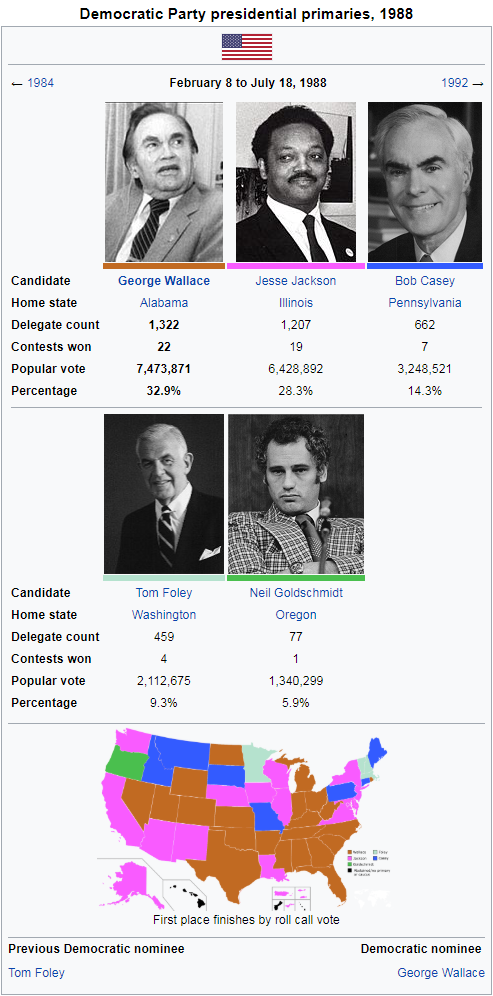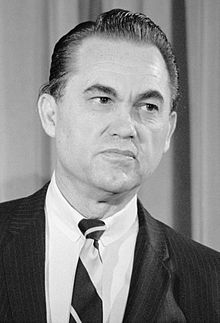Emperor Squidward IV was the Emperor of the Wūzéi Dynasty from the begining of his reign in 1942 until his death in 2000. Beginning Second in line to the throne behind his cousin Squidward of Korea, he would come to rule the country upon the death of his father Squidward III. His early life saw the first appointment to the position of Prince of the Jiā qiáo dōng wú Kingdom. While a coronation to the role was traditionally planned, a serious stroke suffered by his father curtailed the efforts to officially hold a coronation for him.
In his childhood he was more of a painter and musician, with his father sparing no expense in hiring the greatest musicians of their time to educate the young Squidward and to nurture his love of music and the arts. At the Dying end of the 1930s, He found himself elected to Governor-Count position in the province of Tou Zu Lei. He found himself arguing more and more with the elected Grand Dukes and Chancellors, often coming to clashes with Grand Duke Mermaid Man, who pushed for increasing the authority of the Assembly and the Grand Council while diminishing the role of the monarchy.
Before the turn of 1940, a massive fire ripped through many government buildings in the capital,turning to ash many government documents, though countless historical artifacts were saved by Squidward Tentacles.
This shock to many pestering government aides and administrators forced through the Imperial Decree on Recordings for Historical Documentation. The Decree banned any and all written forms of documents, instead opting for all the history of the country to be recorded on phonographic records and played with a phonograph. This gave rise to the other more commonly used nickname of the decree
"Phonograph Act".
In 1942, Squidward III would suffer a common outbreak of the suds, his weakened immune system unable to stop it, the emperor would be declared dead on October 10th,1942. In just five days a massive amount of ceremonies were undertaken and prepared by the various aides to the regent Squidward IV. He had only been appointed the Count of the largest city in the country, mostly as a test by the Nobility to ensure he would be able to lead the nation in the event of the king's death. After passing that test flawlessly, he soon got to work expanding government monopolies on the Phonograph Industry, becoming one of the world's largest producers of the equipment within five years.
In Military Affairs he would arrogantly take direct command of Wūzéi's large peasant armies, rapidly ordering the modernization after suffering large defeats at the hands of the Japanese during the 1940 Invasion. The Wūzéi armies were now filled with foreign advisors and several ports found themselves completely under the monopolization of western companies which had before been excluded from the Wūzéi's vast consumer market place.
After the War's end in 1950 with the final expulsion of the Japanese forces from the mainland, radical nationalists urged an expulsion of suspected communists. Squidward would instead force out the radical nationalists to the recently formed Hǎimián Dynasty in the Long March of 1951.
After marrying in 1929 to a princess Squidina,they would have a total of eleven children, all of whom were declared illegitimate after embarrassing incidents with most of them throughout the 1970s. With no apparent Heir to the throne, he made a final last appearance on June 10th,1999, in which he declared on the phonograph that his heir to the throne would be his brother and arch rival Squilliam Fancyson. He also announced that the position of Duke of Jellyfish Fields would be handed over to Patrick Star upon his death.
A year after this last announcement, Squidward IV would be found in his bedroom chambers unconscious and not breathing, rushing to the hospital where he would be declared dead on September 15th,2000 at the age of 97 years old. His reign, while not one of the longest at 57 years, was one of the more favorable in comparison to recent Wūzéi monarchs and kings.
___
Patrick Star was one of the most influential political leaders of Wūzéi. Born to parents of nobility, throughout the 1900s he worked throughout several government official's offices and up the bureaucratic ladders. At the age of 14 he was elected in an upset to the position of Governor Count of the largest city in Wūzéi. This unprecedented achievement soon brought whispers among the government officials of his possible usurpation of the throne, yet this never came to fruition.
Nevertheless, Star's political ambitions for higher offices were soon seen through, with his lifetime Appointment to an Archduke-Senate office in 1918. He would find himself relived after constant bickering with the stuck up and impatient Duke of Jellyfish Fields Squilliam as he was swapped out for Squidward Tentacles. Throughout the 1930s and 40s he would be influenced by semi illegal communist works by famous theorist Old man Jenkins and his version of
Jenkinist-Thought.
In 1941 he would officially form his own political party called the Communist Starfish, inviting his parents who readily rejected the call of radical strikes. In the 1944 Bjīní dibù mayoral election saw a landslide defeat for the incumbent Star, throwing Gary the snail back into office on the backs of many immigrants. He would remain an influential force throughout the 50's and 60's until his invitation by Squidward IV to form a government with the position of Grand Duke after talks between the incumbent Royalist party under Poppy Puff and Conservative party under Eugene Krabs failed to form anything of substance.
He was now at his most powerful position he had hoped to obtain, and so influenced political parties and meetings with several of the governmental coalition partners, never able to win an outright majority of the seats in the Grand Council. His allies in the Assembly of the Masses also proved to be incompetent and fairly thick skulked at times. This failure in politics and deadlock prompted Patrick to begin a massive drinking and smoking addiction for many years. He still retained massive influence throughout the Communist Starfish Party, which slowly grew to it's largest share of the 400 seats in the 1994 elections, carrying a total of 285.
Though this progress in the legislative arena was squandered by elderly politicians refusing to enact many of the younger members changes, resulting in 140 of the 285 seats going to the newly founded Young Starfish Party. With an unstable government, Patrick soon lost most of his influence even among the diminishing party elites with increasingly off handled and radical comments about the issues facing the party. Throughout the 2010s he attempted rather successfully to promote the Communist Starfish label of governance. His largest legislative success came in the passing of SeaCare for the country's many fishermen.
He would be forced to resign the office on July 5th,2015 after suffering a fall off of a building. He would die of his injuries just two days later, with the Conservative party under Sandy Cheeks acting as a caretaker government until new elections were called in the following November.
___
Spongebob Squarepants was one of the most brutal dictators of the Haimián Dynasty. He would begin in several low ranking government positions in his native South Mongolia, soon becoming governor for several nonconsecutive terms of office. Rallying nationalist sentiments against the russian refugees which had begun to flood into the country following the establishment of the Soviet Union, Squarepants would forcible extradite them back to the soviets due to massive grain shortages that were fixed by his successor.
Taking note of the efficiency and child like demeanor of the sponge, the incumbent Haimián government under Warlord-President Eugene Harold Krabs, opted to hire the governor as first the minister of corruption and then the minister of defense.
After favorable corruption reports by several governors leading to a large purge of the elected officials by Krabs,Spongebob would be promoted to the largely symbolic office of Minister of Transport.
He would revolutionize the transportation industry, investing heavily in railways and cobbled roads to replace the nonexistent ones within the poorest regions of the dynasty. On August 1st, with the backing of several nationalists, the government buildings in Pángxiè were stormed while Mr. Krabs had left for a meeting in the United States.
He soon consolidated his grip on power by throwing out the Krabs Cabinet and replacing it with many of his cronies and allies, including mermaid man and Barnacle Boy in key political offices. He got to work expanding the economy under his watch, finally outlawing slave labor in 1945.
With this expanded economy he also grew the military industrial complex of the Haimián Dynasty, launching a full scale military invasion of the Soviet Union from 1946 to 1949, when a surprise soviet nuclear strike on Spongebob's forces barreling towards Moscow forced the war to end. After the deaths of over 7 million people,Spongebob's foreign policy soon turned to a League of Anti Soviet Influence in 1950. His only neighboring country which joined the pact was Thailand.
Always paranoid, Spongebob would launch many military purges throughout his rule, mostly resulting in the apparent setback of their research programs and space technology in the apparent
"run to the sun", which had millions of Patties sucked away from the massive military on space ships.
On July the 20th,1978 Haimián became the first nation to land a man on the sun for all of 14 seconds before his disintegration and the cut of the life feed from earth. Nuclear weapons were also harnessed to attempt to drill to the center of the earth throughout the 1980s and 1990s, with Spongebob being a cultural influence on George Lucas's Dr Evil caricature in the Star Power's film series of the early 2000s.
Soon though, even his people got sick of his insane leadership, with Spongebob dying from an internal brain hemorrhage on September 14th,2016. This has resulted in a bloody and violent civil war in the area with no clear end in sight.




